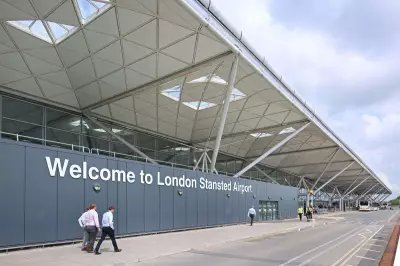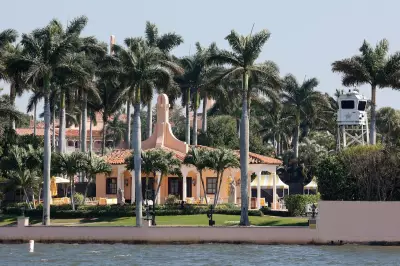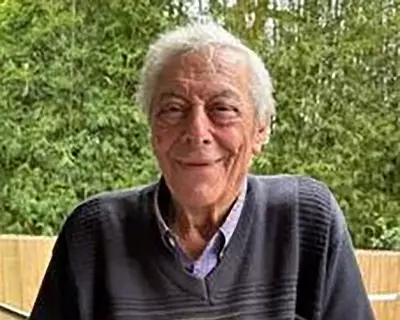
Central London was thrown into chaos as a sophisticated bomb hoax triggered a full-scale security lockdown at the US Embassy in Nine Elms. The incident saw armed police, bomb disposal units, and counter-terrorism officers descend on the diplomatic compound after a suspicious device was discovered planted directly outside the embassy's perimeter.
The Suspicious Package That Shut Down Embassy Operations
According to court proceedings at Southwark Crown Court, the individual responsible for the security scare deliberately placed what appeared to be an explosive device outside one of America's most heavily protected diplomatic missions. The realistic-looking contraption prompted immediate evacuation protocols and brought embassy operations to a complete standstill.
Specialist officers from the Metropolitan Police's Explosive Ordnance Disposal unit conducted a controlled explosion on the item after determining it posed no genuine threat to public safety. However, the psychological impact and disruption to diplomatic functions were substantial.
'Artistic Expression' Defence Dismissed by Prosecutors
In a bizarre twist, the perpetrator claimed the hoax was intended as a form of artistic expression rather than a genuine threat. This justification was firmly rejected by prosecutors who argued the act constituted a deliberate attempt to create panic and waste valuable police resources.
"This was not art, this was a criminal act that put enormous strain on emergency services and caused significant disruption to both the embassy and surrounding businesses," stated the prosecuting counsel during the hearing.
Major Security Operation and Lasting Impact
The incident required:
- Multiple armed response vehicles
- Road closures throughout Nine Elms
- Evacuation of nearby buildings
- Specialist bomb squad deployment
- Counter-terrorism intelligence review
Local businesses reported significant disruption to operations, while embassy staff underwent security reassessments following the breach. The case highlights ongoing security challenges facing diplomatic premises in the capital and the serious consequences of bomb hoaxes, regardless of the perpetrator's claimed intentions.
Sentencing is expected to reflect the severity of the offence, with judges likely to consider the substantial costs incurred by the emergency response and the potential for copycat incidents.





